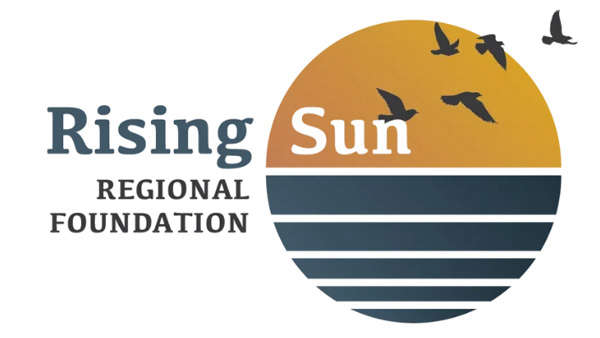
Shutterstock photo.
INDIANAPOLIS - The Indiana State Board of Education (SBOE) has initiated a collaborative and iterative process to refocus the future of K-12 accountability in Indiana. Creating a transparent A-F accountability model focused on preparing students for the future was a key priority of Governor Mike Braun during the 2025 legislative session. Over the coming months, stakeholders will have multiple opportunities to provide feedback on the future of school accountability. A first draft, which was presented on Wednesday, would align school accountability with the five characteristics that Hoosiers consistently agree are most important to a student’s lifelong success.
“To best prepare students for the future – whether their next steps include college, a career or military service – we know that both knowledge and real-world skills are essential to their success,” said Gov. Braun. “As we work to increase high-quality educational opportunities and empower Hoosier parents to make informed decisions about their child’s education, our accountability model must transparently and accurately reflect the preparedness of all students.”
The first draft of the proposed new accountability model is strategically aligned with Indiana’s Profile of a Graduate, which was developed based on extensive input about what Hoosiers value most. This Profile of a Graduate is the framework for Indiana’s Graduates Prepared to Succeed (GPS) dashboard, which helps drive the good work happening in schools by measuring multiple indicators across five key characteristics:
- Academic Mastery
- Career & Postsecondary Readiness: Credentials & Experiences
- Communication & Collaboration
- Work Ethic
- Civic, Financial, & Digital Literacy
Based on these characteristics, Indiana’s new accountability model elevates both traditional academic outcomes, as well as skill development. In the proposed model, success is measured at key milestones in a student’s K-12 journey: grade three, grades four through eight, grade 10 and grade 12. At each of these milestones, stakeholders have helped to identify multiple ways that students may demonstrate success, including both test scores, as well as skills and experiences.
As students progress through their K-12 education, the number of ways to demonstrate success naturally grows as well, shifting from an intense focus on reading and math fundamentals in early grades to prioritizing skill development through opportunities such as work-based learning and earning credentials of value in high school. This menu-based approach encourages schools to focus on improvement for all students, at all levels of proficiency, and ensures that each student’s knowledge, skills and experiences are transparently reflected in a school’s accountability grade.
“As we continue to expand educational opportunities for students in Indiana, how we measure school accountability must also evolve,” said Dr. Katie Jenner, Indiana Secretary of Education. “Today’s presentation represents a starting point which we will continue to build upon and improve in collaboration with educators, students, parents and families, community leaders and industry partners. While the specifics will iterate along the way, our primary goal will remain the same: to ensure that our future accountability model values all of the key characteristics essential to student success, as well as every student’s unique pathway.”
As part of the rulemaking process, state statute requires two rule drafts, each with a 30-day public comment period. While the first public comment period will officially open later this summer, the public can provide immediate feedback via this Jotform, which asks for additional solution-ideas, as well as tools and resources that would be most helpful in supporting implementation. Per statute, SBOE must adopt a final draft of the accountability rule utilizing an A-F grading scale by December 31, 2025.
To learn more about the first draft of Indiana’s new accountability model, click here.

 Construction Underway on 176-Unit Apartment Complex in Greendale
Construction Underway on 176-Unit Apartment Complex in Greendale
 Baylor Family Foundation Accepting Applications for Next Grant Cycle
Baylor Family Foundation Accepting Applications for Next Grant Cycle
 Friendship State Bank to Sponsor Music on the River
Friendship State Bank to Sponsor Music on the River
 Water Main Break in Osgood
Water Main Break in Osgood
 Cincinnati Man Charged with Intimidation After Altercation at Hollywood Casino
Cincinnati Man Charged with Intimidation After Altercation at Hollywood Casino
 Rising Sun Regional Foundation Announces 2026 Scholarship Program
Rising Sun Regional Foundation Announces 2026 Scholarship Program













